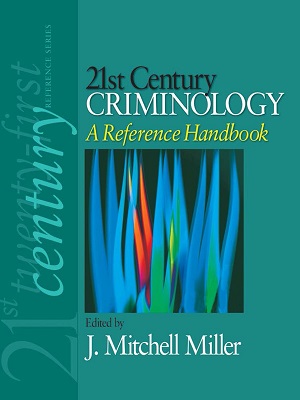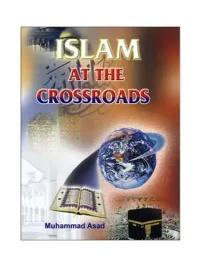Description
Criminology has experienced tremendous growth over the last few decades, evident, in part, by the widespread popularity and increased enrollment in criminology and criminal justice departments at the undergraduate and graduate levels across the U.S. and internationally. Evolutionary paradigmatic shift has accompanied this surge in definitional, disciplinary and pragmatic terms. Though long identified as a leading sociological specialty area, criminology has emerged as a stand-alone discipline in its own right, one that continues to grow and is clearly here to stay. Criminology, today, remains inherently theoretical but is also far more applied in focus and thus more connected to the academic and practitioner concerns of criminal justice and related professional service fields. Contemporary criminology is also increasingly interdisciplinary and thus features a broad variety of ideological orientations to and perspectives on the causes, effects and responses to crime. 21st Century Criminology: A Reference Handbook provides straightforward and definitive overviews of 100 key topics comprising traditional criminology and its modern outgrowths. The individual chapters have been designed to serve as a “first-look” reference source for most criminological inquires. Both connected to the sociological origins of criminology (i.e., theory and research methods) and the justice systems’ response to crime and related social problems, as well as coverage of major crime types, this two-volume set offers a comprehensive overview of the current state of criminology. From student term papers and masters theses to researchers commencing literature reviews, 21st Century Criminology is a ready source from which to quickly access authoritative knowledge on a range of key issues and topics central to contemporary criminology.






Reviews
There are no reviews yet.